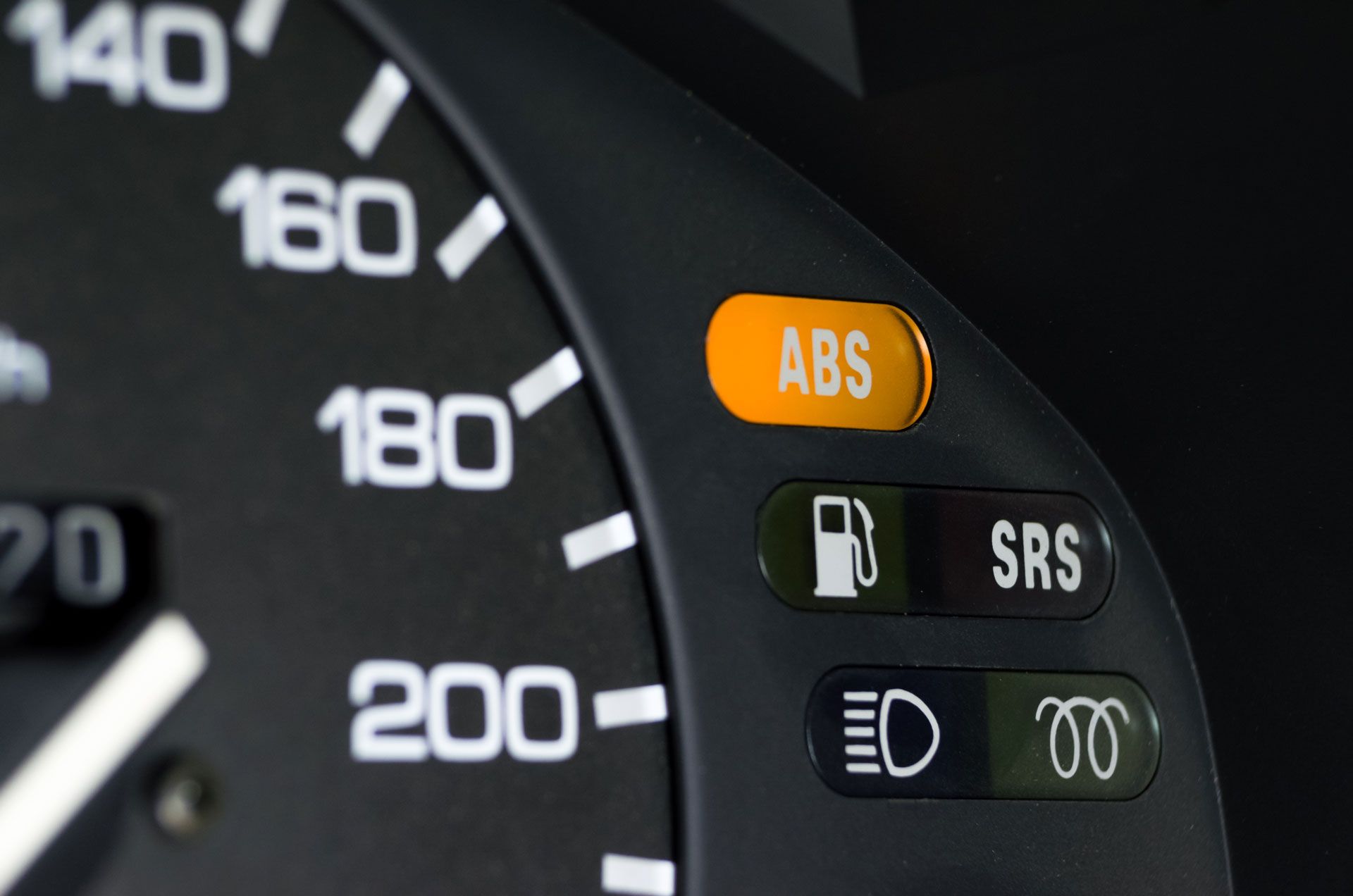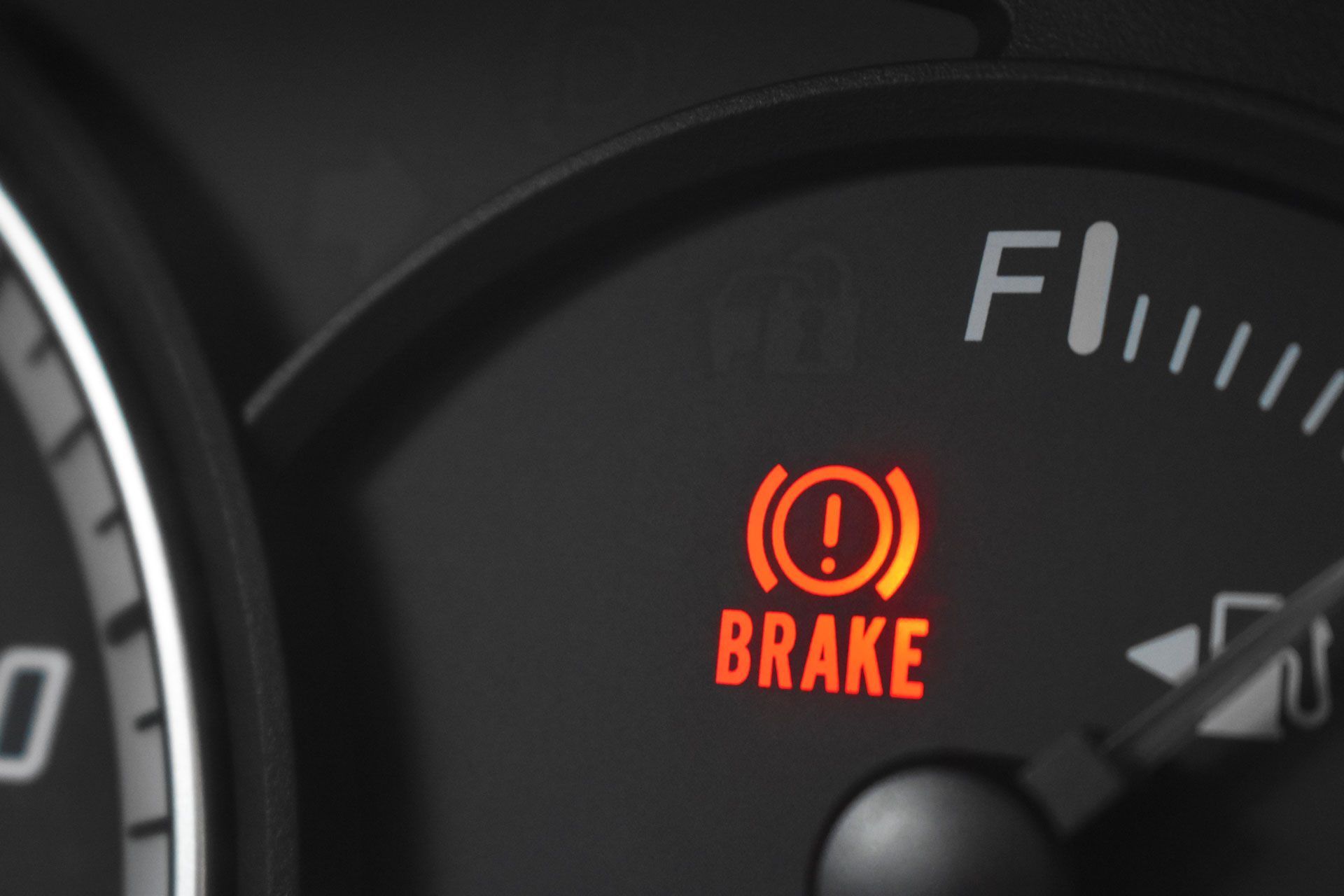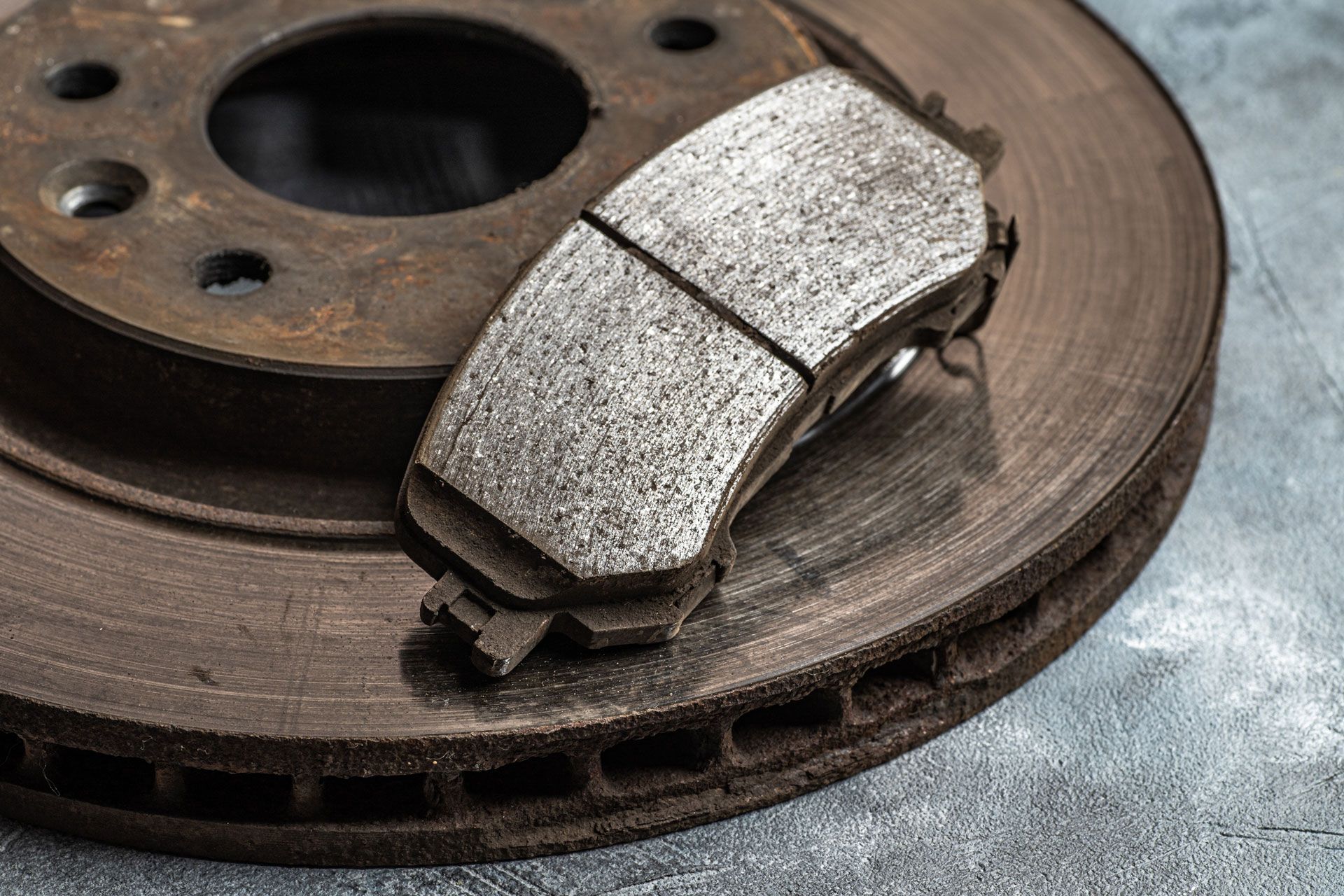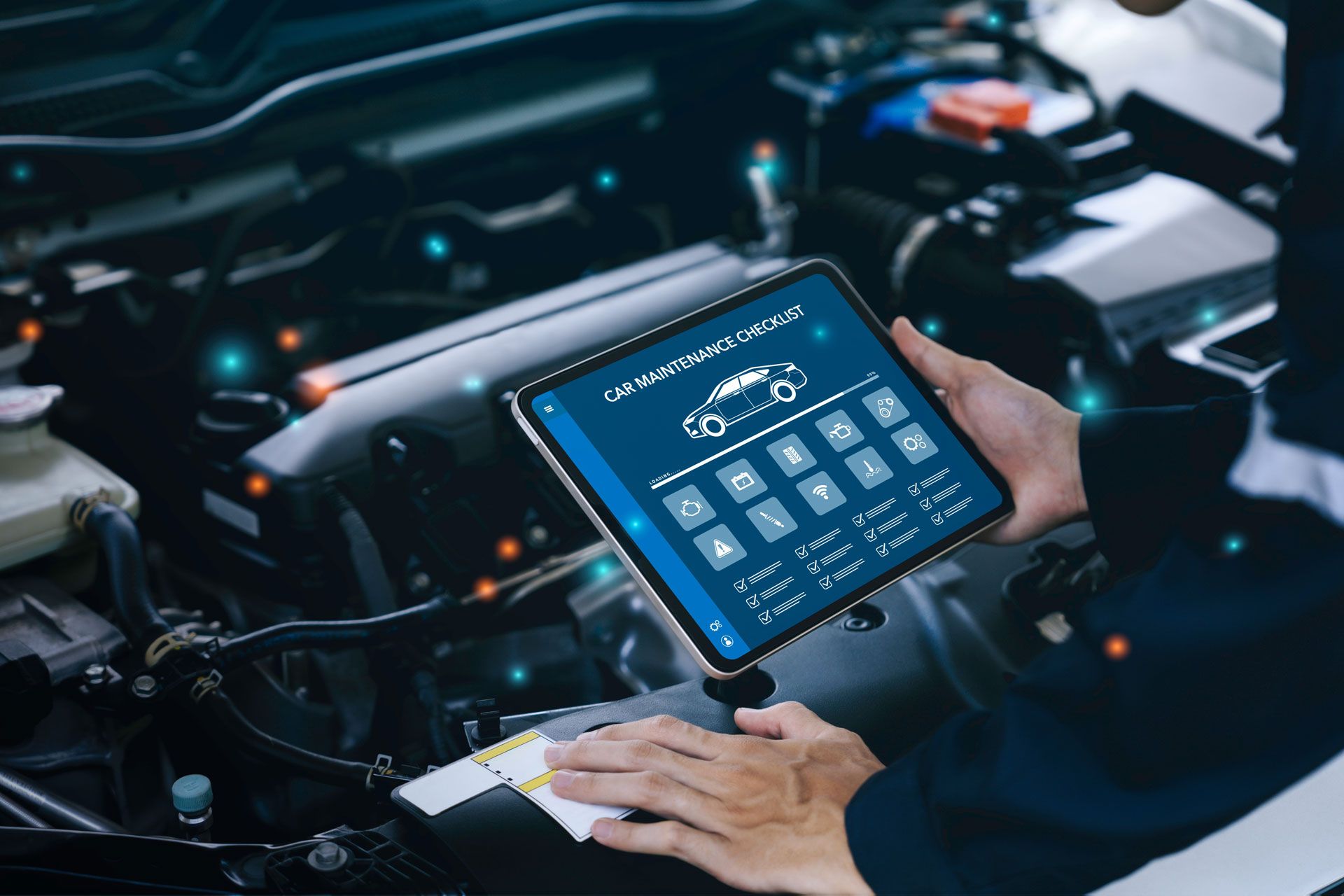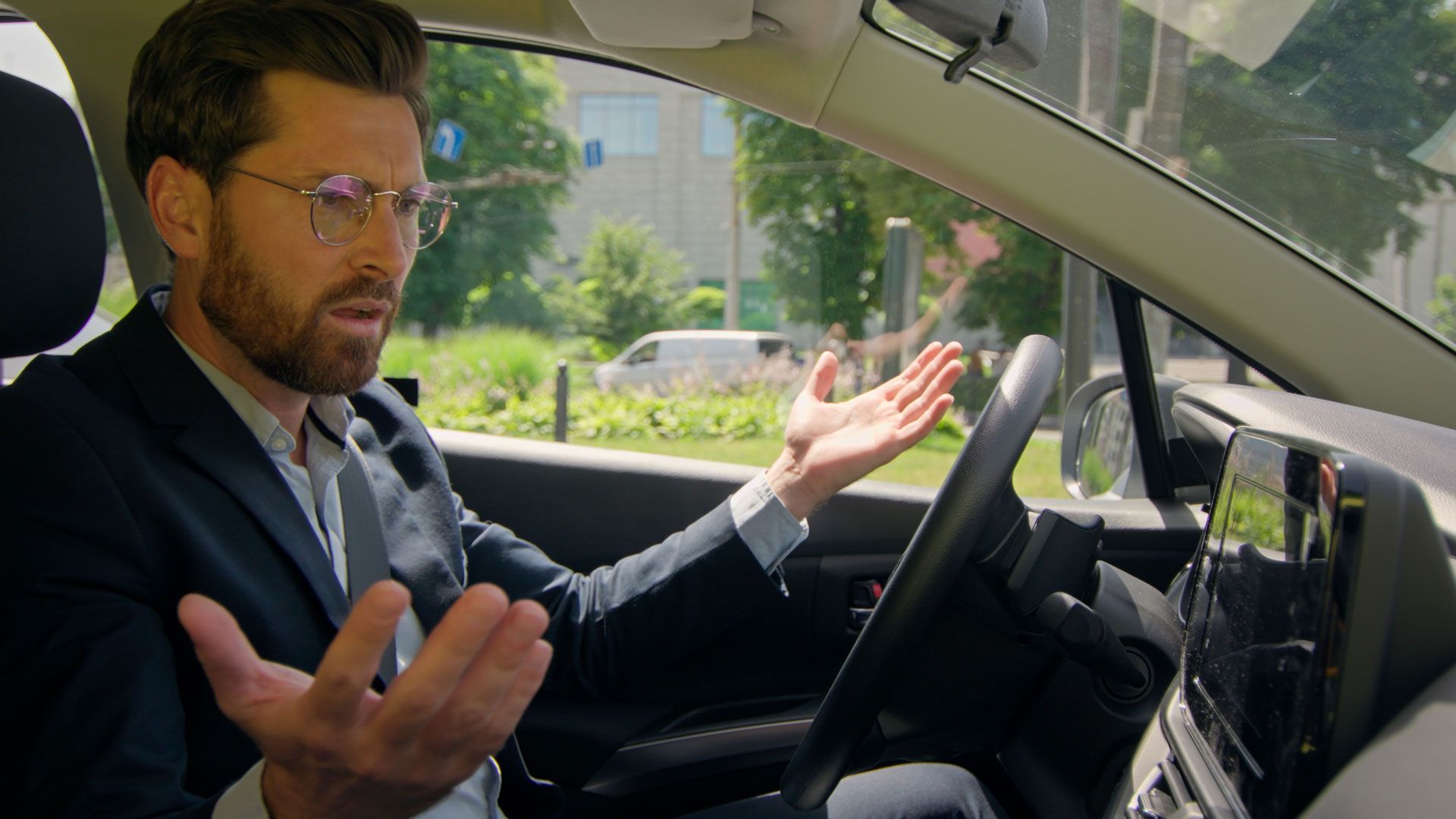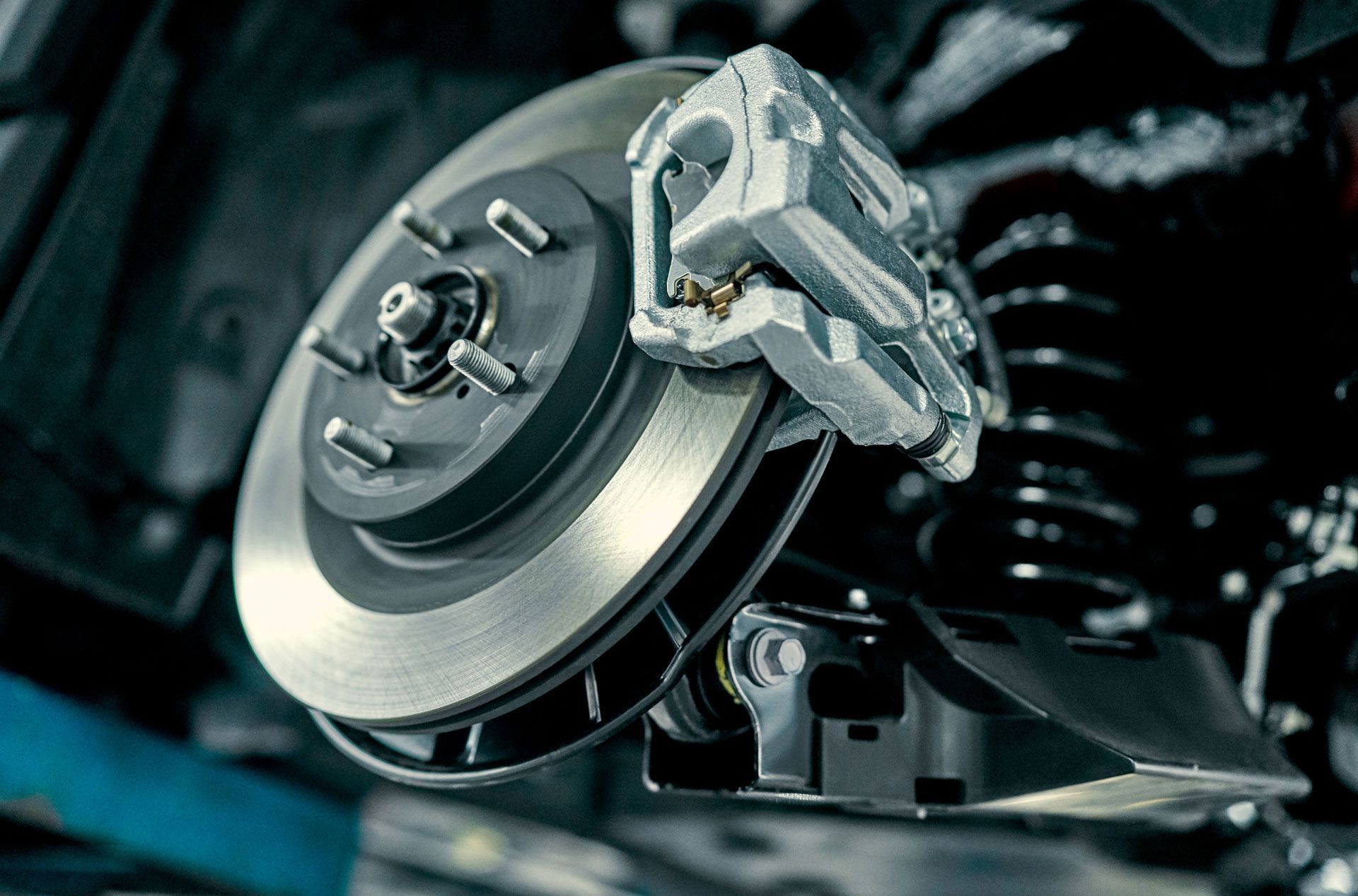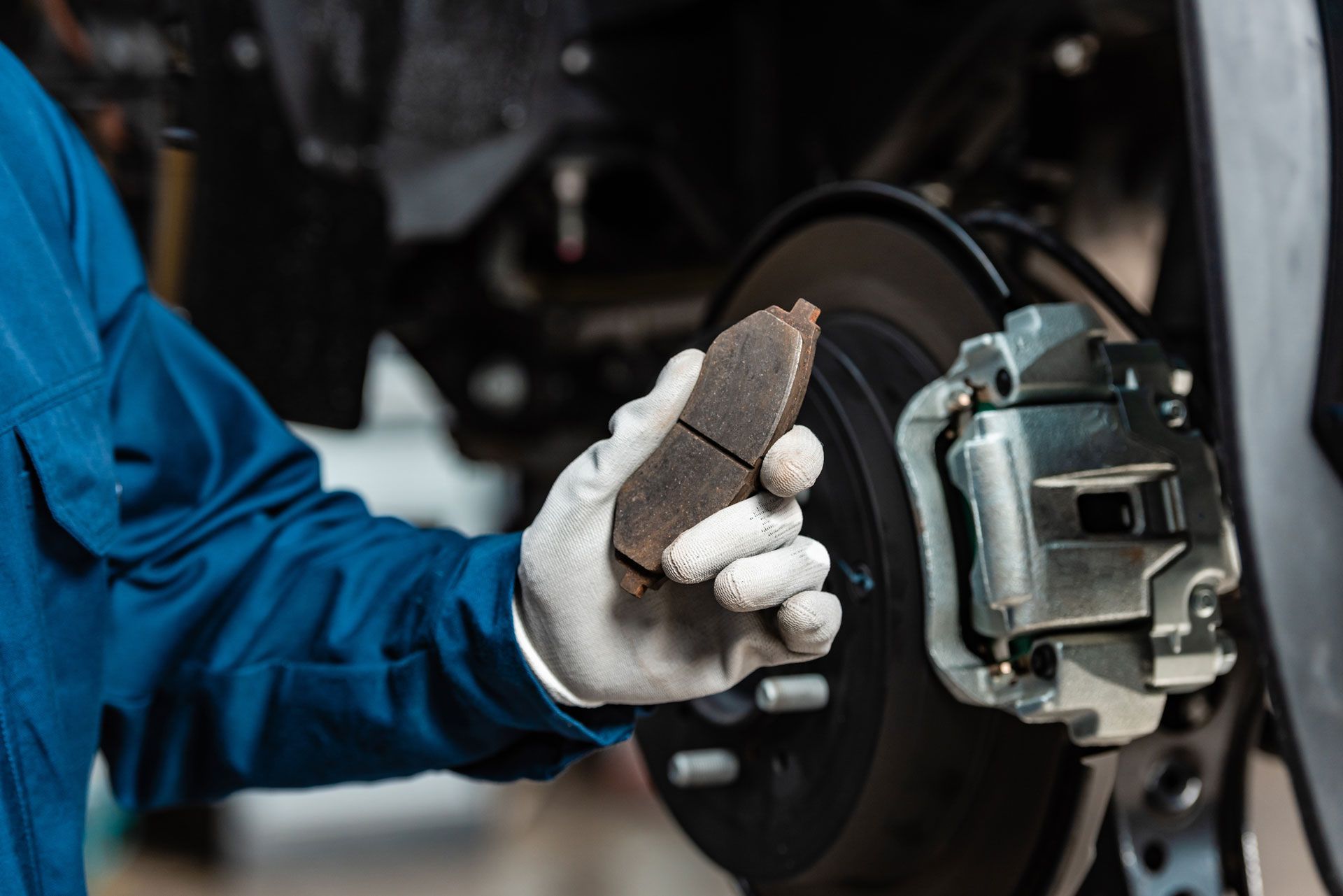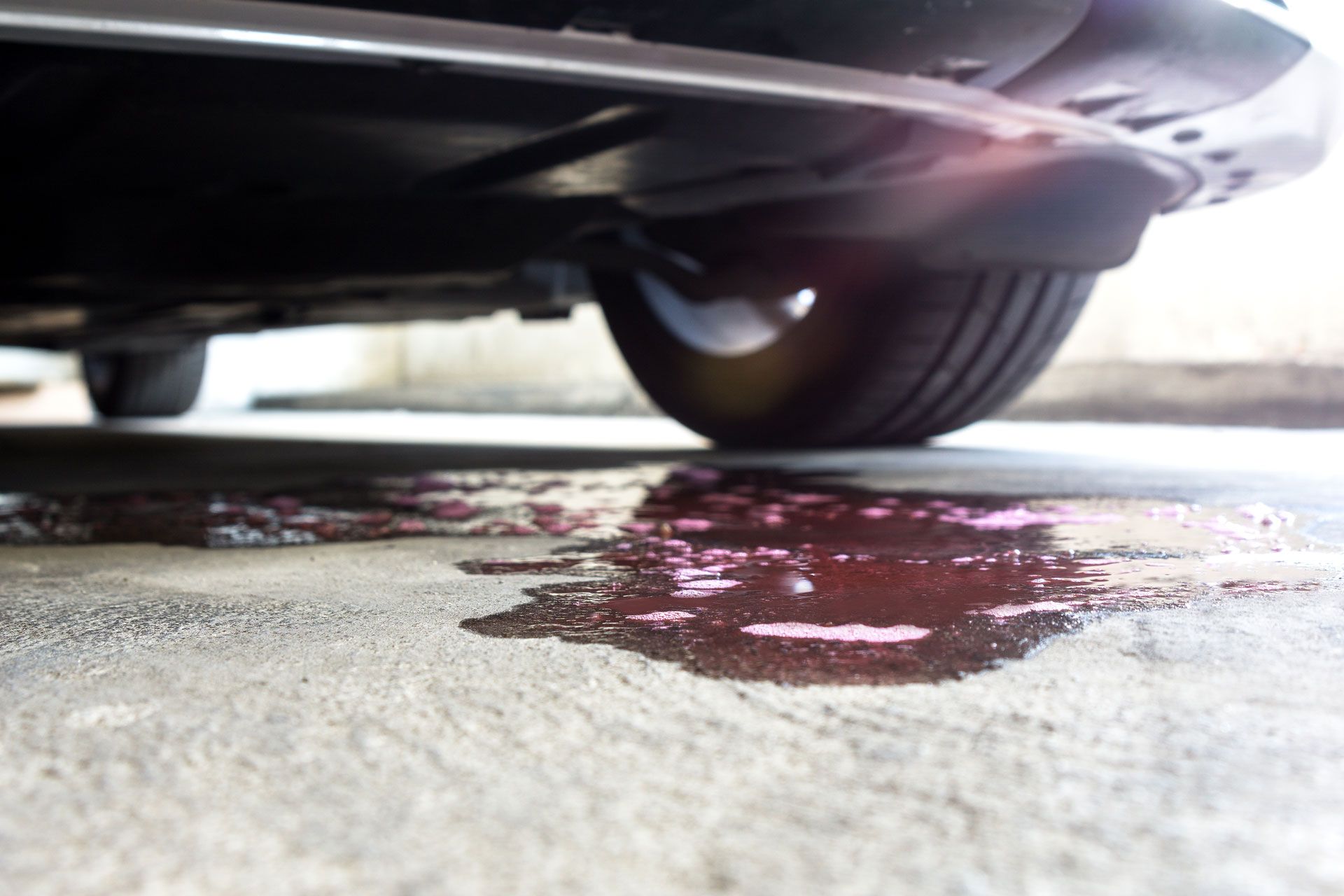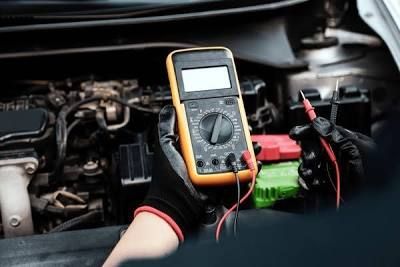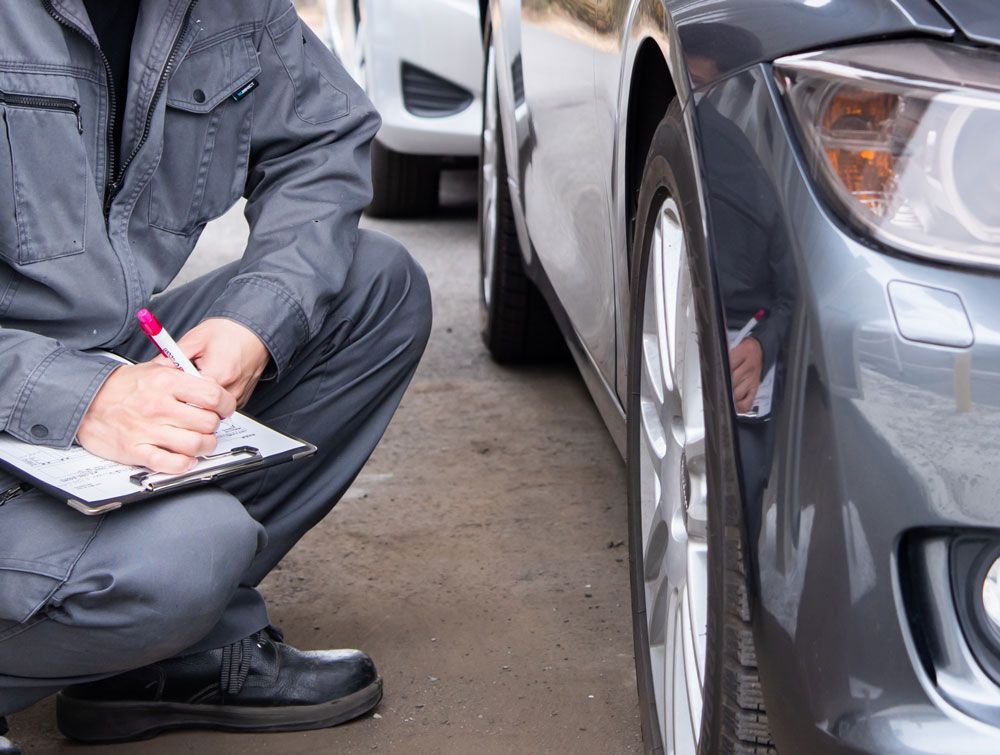Your brakes are one of the most important safety components of your vehicle
They give you control, allow you to stop quickly in emergencies, and provide peace of mind on every drive. But brakes don’t last forever—how you drive has a major impact on how quickly your brake pads, rotors, and other components wear down.
By adopting smarter driving habits, you can extend the lifespan of your brakes, avoid costly repairs, and stay safer on the road. Below are some essential tips on driving habits that save brakes, plus signs that it’s time to schedule a brake inspection at Hills Automotive Repair in Harker Heights, TX.
Brake Smoothly and Early
One of the simplest ways to preserve your brakes is to avoid sudden, aggressive stops whenever possible. Slamming on the brakes generates excessive heat and friction, which wears down brake pads and rotors much faster than gentle, gradual stops.
Instead:
- Anticipate stops ahead of time. If you see a red light, stop sign, or traffic slowing ahead, ease off the gas and coast before applying the brakes.
- Give yourself space. Tailgating forces you to brake harder and more often. Leaving a safe following distance helps you slow gradually.
- Use engine braking. If you’re driving downhill or approaching a stop, easing off the accelerator and letting the car naturally slow can reduce brake usage.
Not only does this protect your braking system, but it also improves fuel efficiency and creates a smoother ride for passengers.
Avoid Riding the Brakes
"Riding the brakes” means resting your foot on the brake pedal or applying light, continuous pressure even when you don’t need to stop. This habit keeps the brake pads in constant contact with the rotors, generating heat and causing unnecessary wear.
Overheated brakes can:
- Reduce stopping power (a dangerous condition called brake fade).
- Warp rotors, leading to vibrations when braking.
- Shorten the lifespan of your pads and other components.
If you’re driving downhill, shift to a lower gear when possible to let engine braking assist you, instead of keeping your foot on the brake. Your brakes will thank you.
Don’t Overload Your Vehicle
The heavier your car, the more work your brakes have to do. Carrying unnecessary cargo or towing more than your vehicle’s recommended capacity puts extra strain on your braking system.
To minimize wear:
- Clean out your trunk and remove heavy items you don’t need.
- Follow manufacturer guidelines for towing and payload limits.
- If you tow often, ask your mechanic about brake upgrades designed for heavy-duty use.
Follow a Preventative Maintenance Schedule
Good driving habits go hand in hand with good maintenance. Even if you’re gentle on your brakes, routine inspections are necessary to keep them in safe working condition.
During a brake inspection, a technician will:
- Measure brake pad thickness.
- Inspect rotors for wear or warping.
- Check brake fluid levels and condition.
- Test for leaks or other issues in the hydraulic system.
Most brake pads last between 30,000 and 70,000 miles, depending on your driving style and vehicle type. Having them checked regularly ensures you catch problems before they become dangerous—or expensive.
Signs It’s Time for a Brake Inspection
Even with the best driving habits, brakes eventually wear out. Ignoring the warning signs can put your safety at risk. Contact Hills Automotive Repair in Harker Heights, TX if you notice:
- Squealing or grinding noises when braking – Often caused by worn pads or metal-on-metal contact.
- Brake warning light on the dashboard – Indicates a problem in the brake system that needs immediate attention.
- Brake pedal sinks to the floor – Could signal a hydraulic issue or brake fluid leak.
- Vibrating or shaking steering wheel when braking – Usually caused by warped rotors or uneven wear.
- Longer stopping distances – A sign your brakes are losing effectiveness and need service.
If you experience any of these symptoms, don’t delay—brake problems rarely fix themselves and can get worse quickly.
Benefits of Protecting Your Brakes
Adopting smart driving habits and keeping your brakes in good condition does more than save you money. It also provides:
- Peace of mind knowing your car can stop effectively in an emergency.
- Improved safety for you, your passengers, and others on the road.
- Smoother driving experience without jerking stops or noisy brakes.
- Lower repair bills since replacing pads is far cheaper than replacing rotors, calipers, or entire brake systems.
Why Choose Hills Automotive Repair for Brake Service
At Hills Automotive Repair in Harker Heights, TX, we understand how critical your brakes are to your safety. Our certified technicians provide thorough inspections and expert repairs using high-quality parts. Whether you need new brake pads, rotor resurfacing, or a complete brake system overhaul, we’ve got you covered.
We’re committed to honest service, clear communication, and keeping your vehicle running safely for the long haul.


